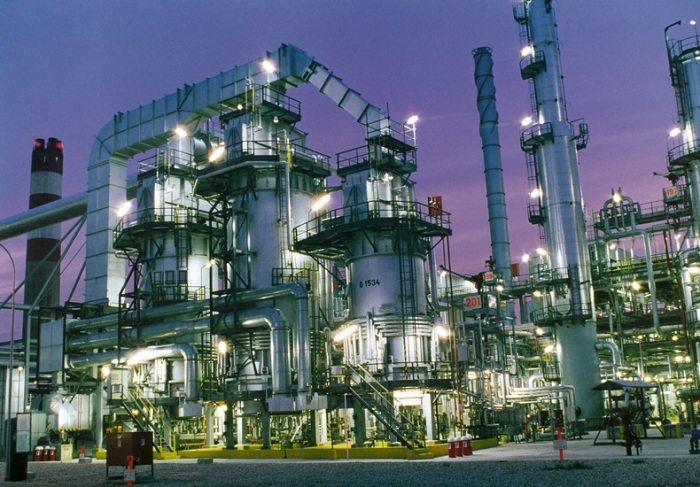More oil refineries in Nigeria to be constructed as part of the government efforts to ensure that the country refines substantial volume of its fuel demands, Dr. Ibe Kachikwu, the State Minister for Petroleum Resources has announced.
The minister was speaking during an interactive session with the members of the National Assembly in Abuja. Where he further said that his ministry will work closely with the National Assembly to ensure rapid improvement of the country’s oil and gas sector for the benefit of Nigerians and the nation as a whole.
The new oil refineries in Nigeria will be constructed near the existing ones to enable the refineries share power, pipelines and other resources and the construction will be funded by the private investors.
The Nigerian Petroleum Development Company (NPDC) equity production is 99,000 barrels per day as the average national oil production as of July 2015 stood at 2.1 million barrels per day. Two of the existing refineries could be re-streamed before the end of December this year.
The Joint Venture reserves decline have been attributed to insufficient and low investment in the oil assets as the constraints funding issue needs to be addressed to move the oil sector forward along with the collaboration of private and international investors.
The average gas-to-power generation is about 3,000MW and domestic gas supply of 1bn standard cubic feet (scf) with the contribution of 600 million standard cubic feet from NPDC.
The petroleum sector will however, ensure that the Nigerian Content policy has fully transformed the oil and gas industry into the economic engine to create room for employment and national growth as a whole.
According to the Nigerian National Petroleum Corporation, (NNPC), the Warri, Port Harcourt and Kaduna refineries presently produce over 6.76 million litres of petrol per day. The three refineries have been projected to increase combined production to over 10 million litres a day by the end this month.
The Port Harcourt refinery, had been re-streamed a week earlier, produces about 4.09 million litres where as Kaduna yields 1.29 million litres, on the other hand, Warri refinery yield about1.38 million litres.
Nonetheless, the volume of petrol from the 3 refineries presently operating at an appreciable percentage of their capacities will greatly help stabilize oil supply and distribution in the country.
